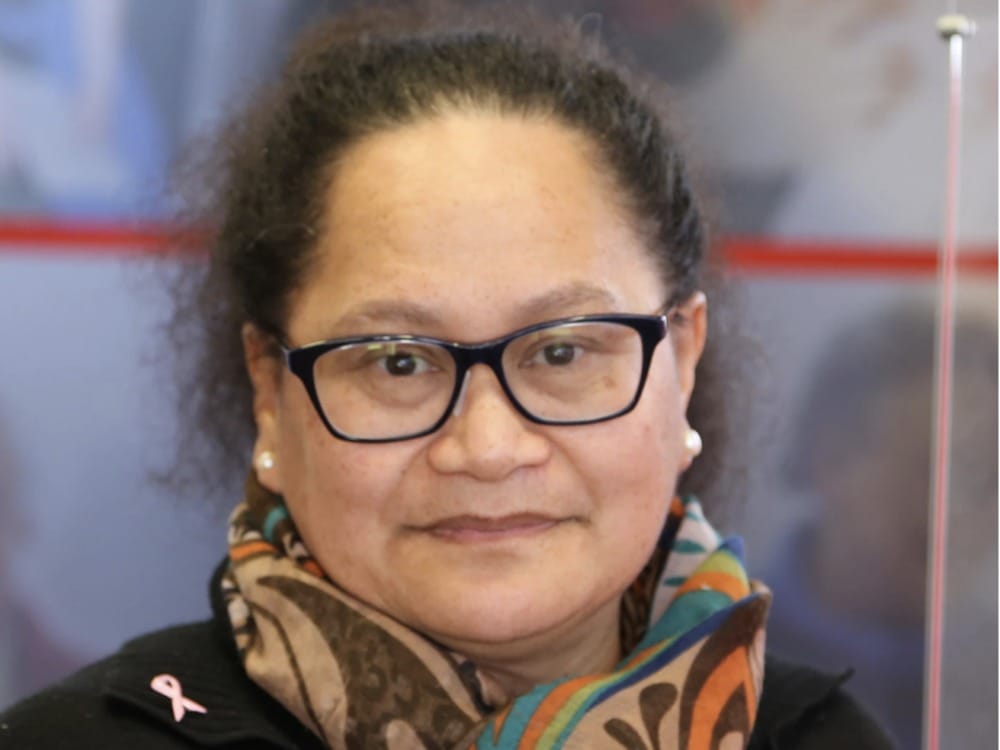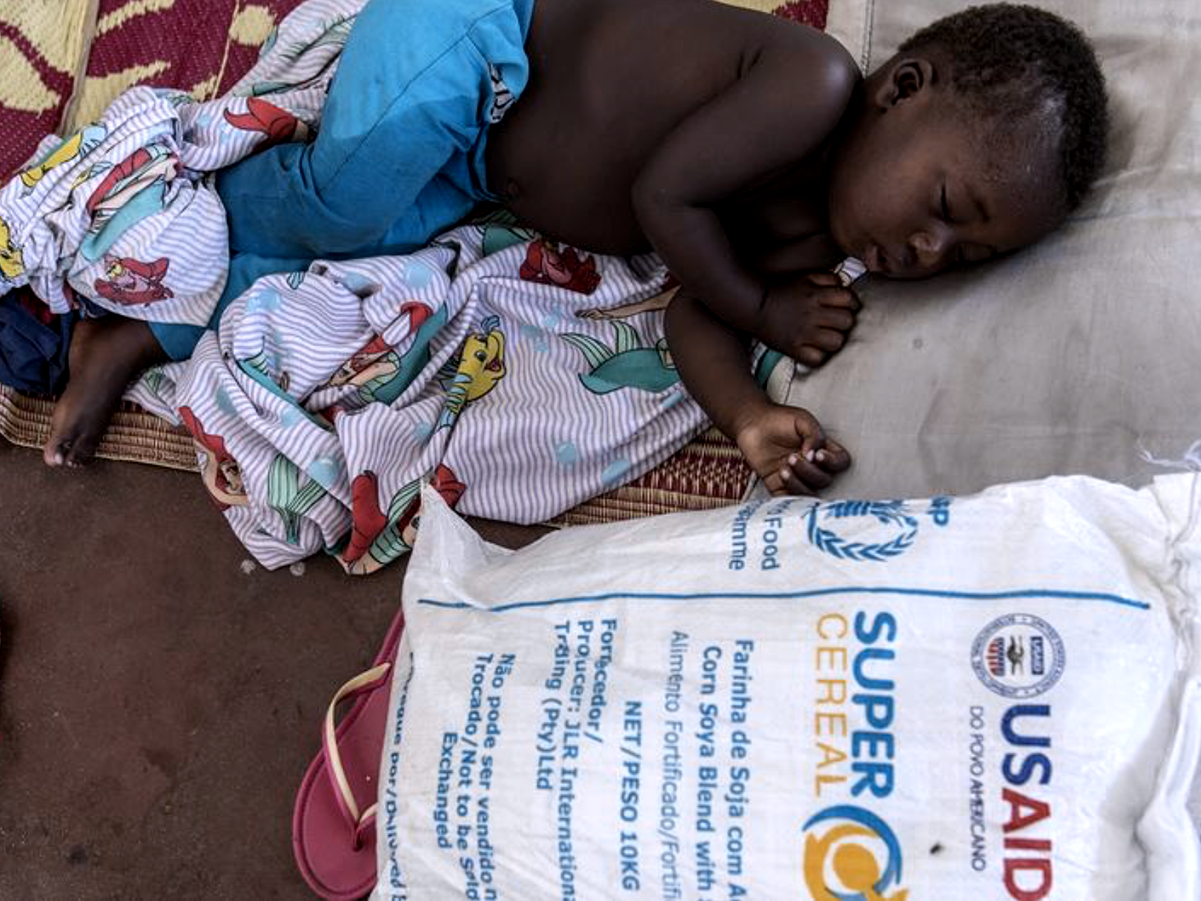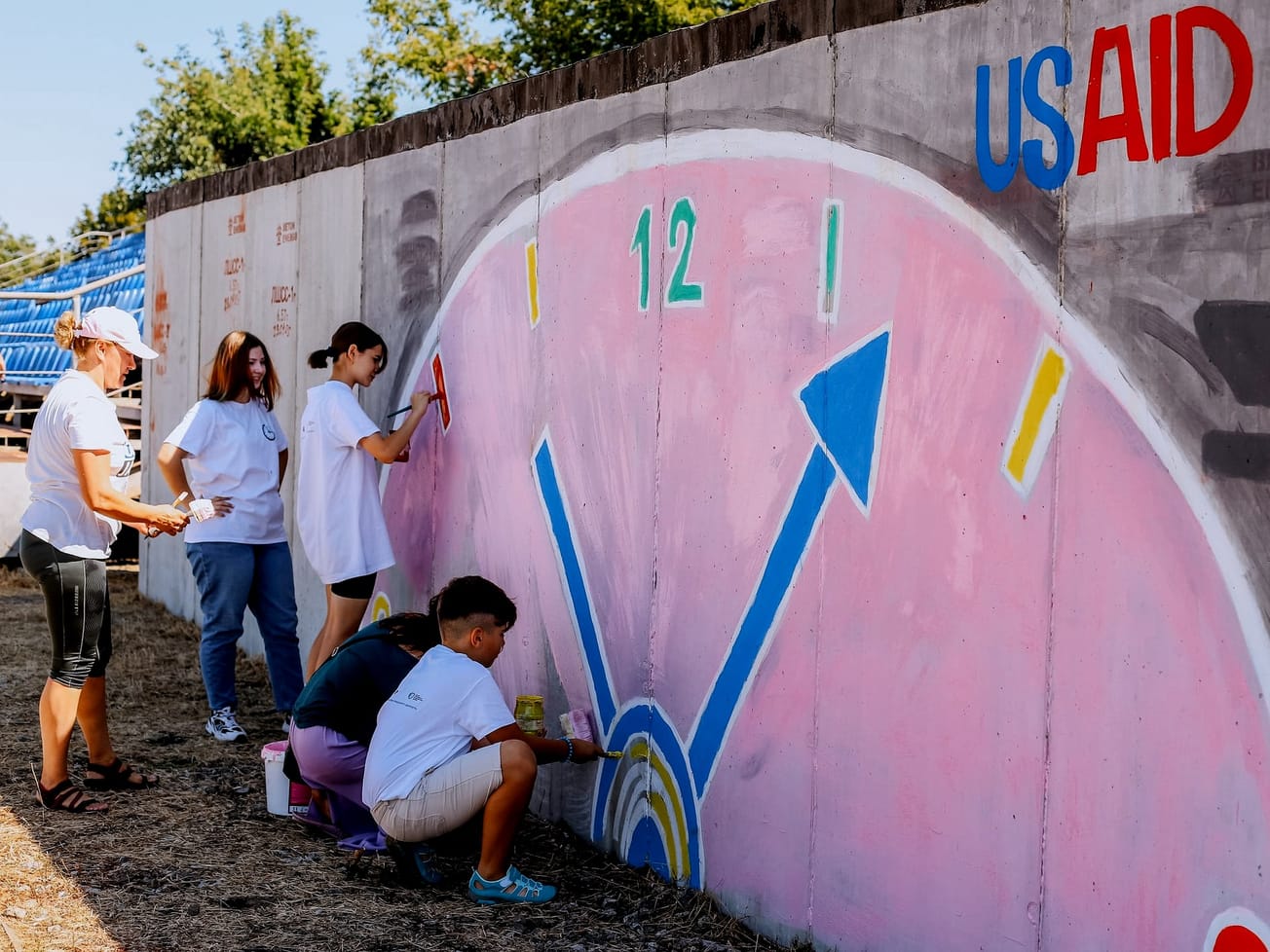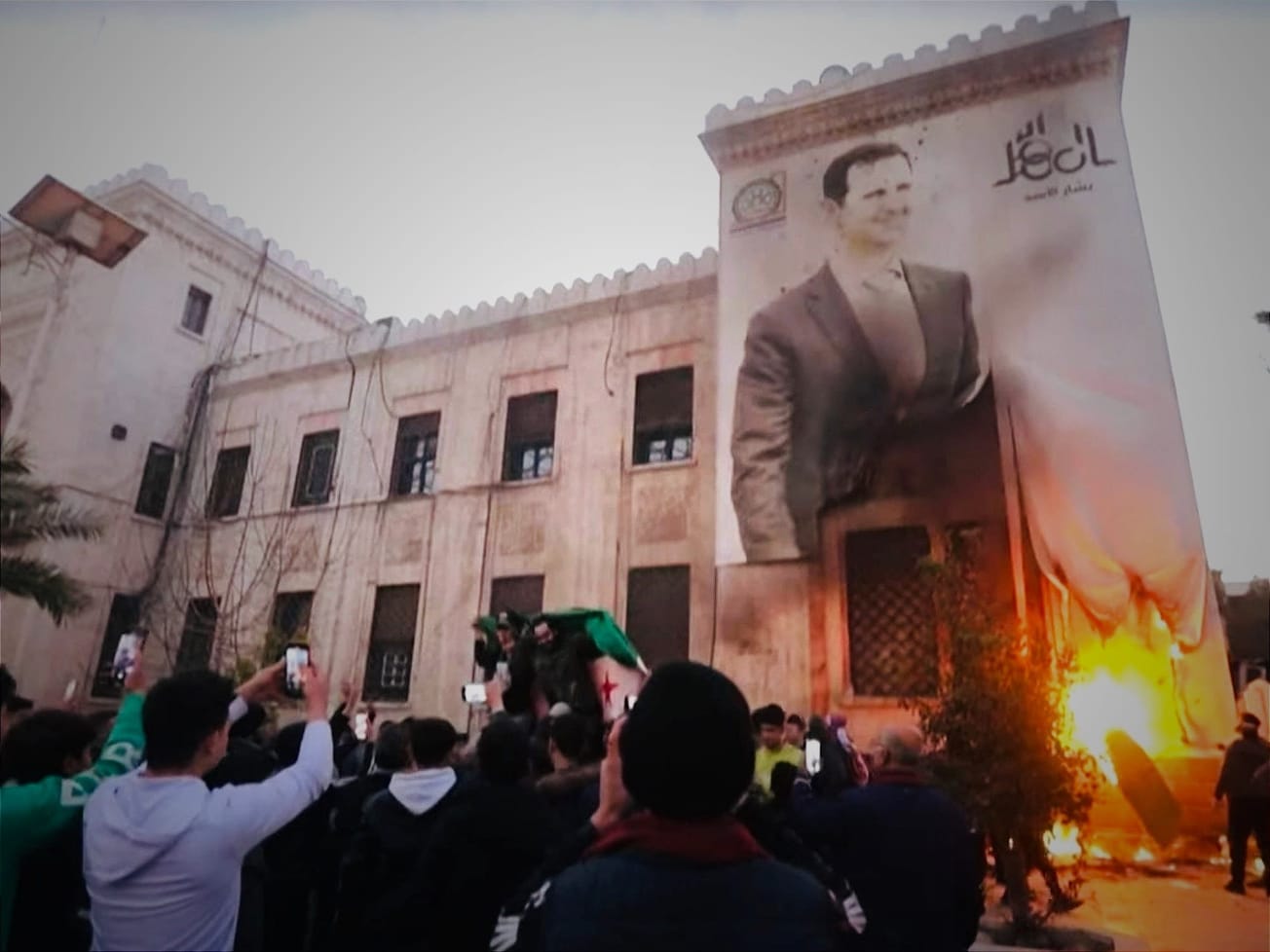GENEVA (AN) — Breaking its long-held silence, the International Committee of the Red Cross sought public help in finding three staff abducted by Islamic State militants in Syria in late 2013.
The kidnapping of New Zealand nurse Louisa Akavi and two Syrian drivers, Alaa Rajab and Nabil Bakdounes, had been kept secret until now out of fears for their safety. It was unclear at times whether they were all still alive, since the three were kidnapped while delivering medical supplies in the northwest Syrian city of Idlib.









